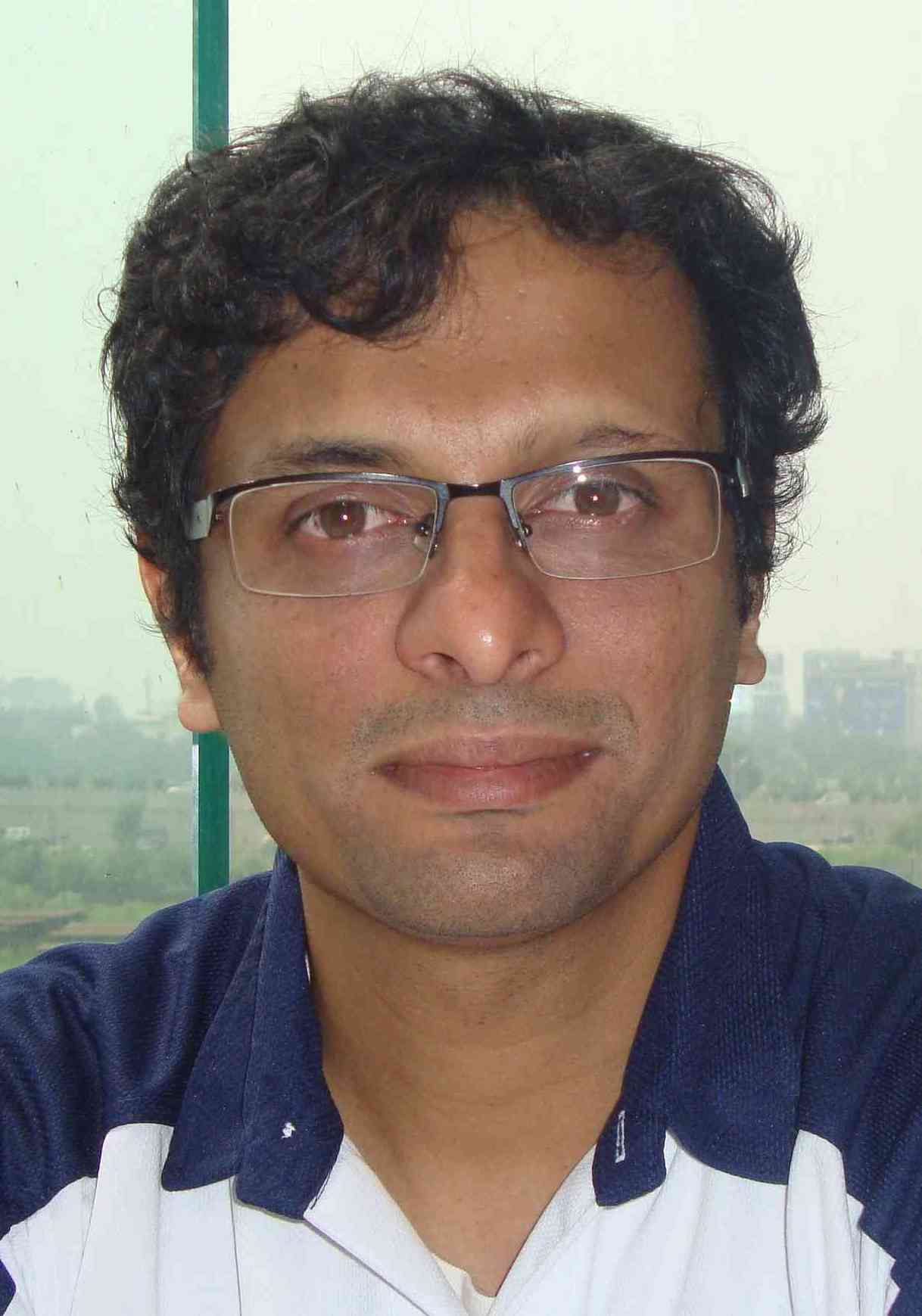Spring ’24 CSC@USC/CommNetS-MHI Seminar Series
 |
Chandra Murthy,
Indian Institute of Science
|
Abstract
This talk presents a set of tools based on a Bayesian framework to address the general problem of sparse signal recovery, and discusses the challenges associated with them. Bayesian methods offer superior performance compared to convex optimization-based methods and are largely parameter tuning-free. They also have the flexibility necessary to deal with a diverse range of measurement modalities and structured sparsity in signals than hitherto possible. We discuss recent developments towards providing rigorous theoretical guarantees for these methods. Further, we show that, by re-interpreting the Bayesian cost function as a technique to perform covariance matching, one can develop new and ultra-fast Bayesian algorithms for sparse signal recovery. As example applications, we discuss the utility of these algorithms in the context of (a) 5G communications with several case studies such as wideband time-varying channel estimation, low-resolution ADCs, etc, and (b) controllability and observability of linear dynamical systems under sparsity constraints.
Biosketch
Chandra R. Murthy is a Professor in the department of Electrical Communication Engineering at the Indian Institute of Science, Bangalore, India. His research interests are in sparse signal recovery, energy harvesting-based communication, performance analysis, and optimization of 5G and beyond communications. Papers coauthored by him have received Student/Best Paper Awards at the NCC 2014, IEEE ICASSP 2018, IEEE ISIT 2021, IEEE SPAWC 2022, and NCC 2023. He is a senior area editor for the IEEE Transactions on Signal Processing and the IEEE Transactions on Information Theory. He is an elected member of the IEEE SPS SAM Technical Committee. He is an IEEE Fellow (Class of 2023), and a fellow of the Indian National Academy of Engineering (2023).
Acknowledgement: seminar series is supported by the Ming Hsieh Institute and Quanser.
